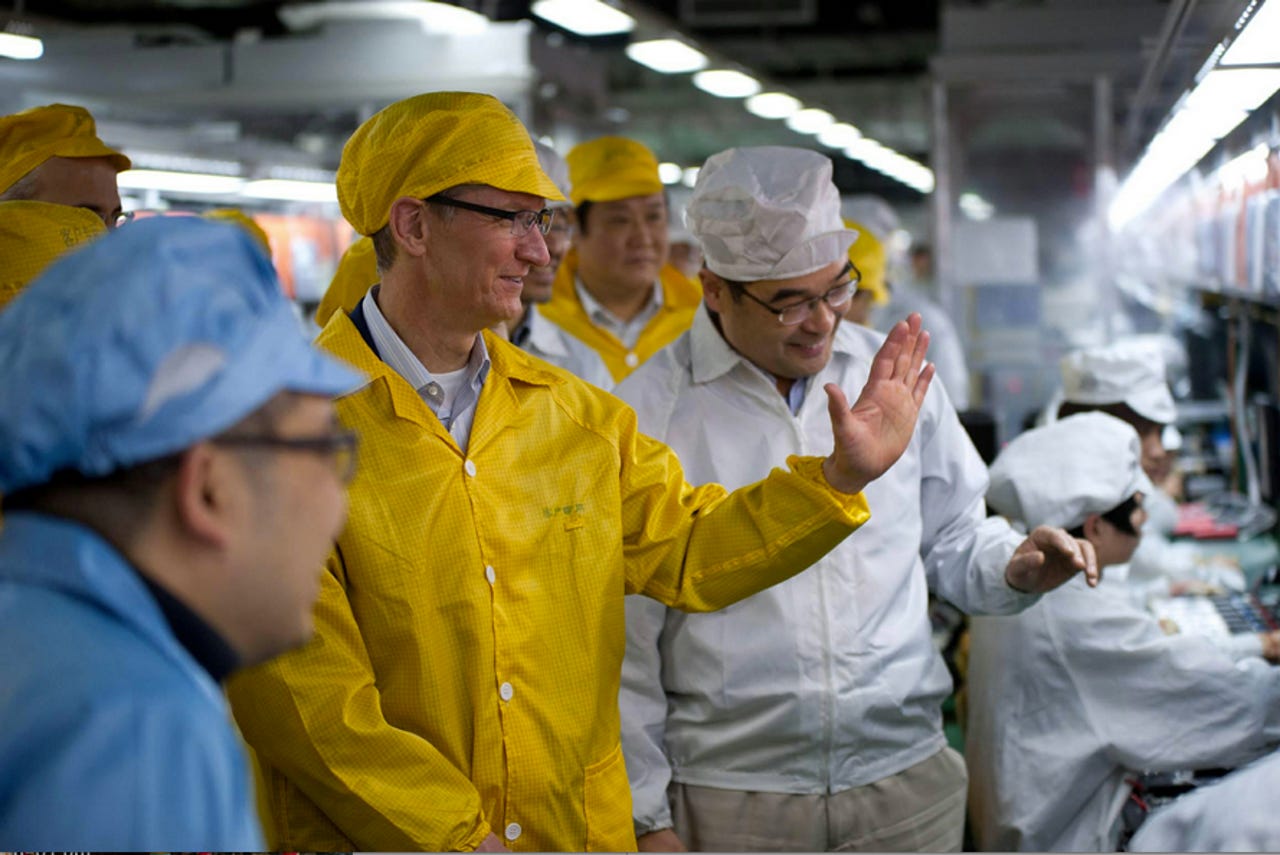Tech industry outsourcing: problem, symptom, or neither?


Is it the technology industry's fault that it outsources?
That's the crux of a story in the Wall Street Journal this morning that depicts growing criticism of Silicon Valley and elsewhere that it is responsible for a decline in American jobs.
Naturally, the industry says it's quite the opposite -- more jobs have been created.
In reality, both things have happened -- some jobs have declined in certain places, and some have sprung up elsewhere. But attributing responsibility for the changes -- heck, even determining who benefits -- is harder than it looks.
Jess Vascellaro reports:
A growing number of companies like Apple Inc., as well as technology researchers and policy groups, are producing studies that claim tech companies are responsible for adding hundreds of thousands of U.S. jobs. They are trying to stem criticism that technology breakthroughs like Apple's iPhone have helped foreign workers more than domestic ones, to sway an intense political debate over outsourcing.
This isn't the tech industry's first go-around with outsourcing, though given this time of global economic duress, it's no surprise that it is under criticism yet again. (I don't recall too much outrage in 1999 or 2007, for example.)
In the report, it's evident that the final answer depends on how you consider the numbers. If you look at only manufacturing jobs, well, those have declined considerably in the U.S. in recent years as they've increased elsewhere. Creative industry jobs, from software developers to designers, have flourished. If you look at all the supporting service jobs around the creative core -- it takes jobs to make all those kale and coconut smoothies happen, people -- the degree of job creation by tech has been astounding, nevermind all the new manufacturing jobs overseas.
This reminds me of Richard Florida's landmark book The Rise of the Creative Class, which among other things explained how the economies of industrialized nations like the U.S. have eschewed white shirts and wingtips in favor of less structured workplaces (and office attire), the result of a slow shift from command-and-conquer, assembly line-style companies to nebulous, ideas-based firms.
In that book, the driving force behind this is economics: once efficiency was established and won, ideas became the next competitive differentiator. Companies couldn't say no to blue oxford shirts because the bottom line mattered more.
So who's to blame for outsourcing, really? Capitalism, corporations or ourselves? I'm not sure. Does it benefit other countries any more than us? I'm not sure of that, either. And I'm not convinced it's any better or worse in the grand scheme of things. It just is.
Photo: Tim Cook visits a Chinese partner facility. (Bowen Liu/Apple)
Related on ZDNet: